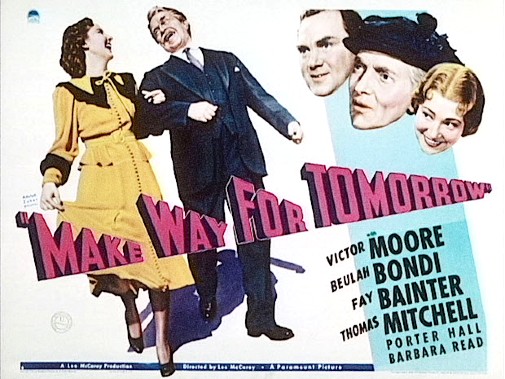
"Thanks, but you gave it to me for the wrong picture."
Those were Leo McCarey's words upon winning the Best Director Oscar of 1937. His victory was for the screwball classic The Awful Truth, though the filmmaker would have preferred if the honor had been bestowed upon another of his films. In 1937, McCarey not only directed one of Old Hollywood's most beloved comedies, but he also helmed one of its most devastating tearjerkers. According to Orson Welles, Make Way for Tomorrow could make a stone cry…
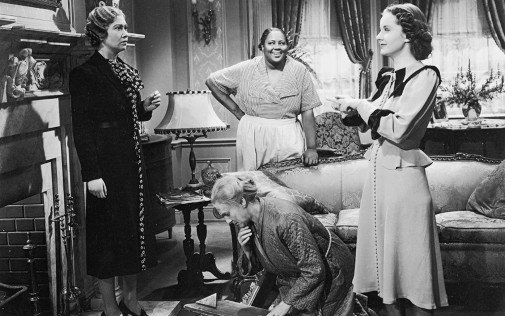
While he's not as famous nowadays as many of his contemporaries - Frank Capra, Howard Hawks, or George Cukor, to name a few - Leo McCarey has an enviable filmography. Not only is it filled with sterling classics, but it's also incredibly varied, including wildly different genres and dramatic approaches. Still, when all is said and done, both I and McCarey himself would choose 1937's Make Way for Tomorrow as his greatest achievement.
The film, which is now available on the Criterion Channel, tells the story of a family during the waning years of the Great Depression. When they lose their house to foreclosure, Lucy and Bark Cooper are forced to ask their adult children for shelter. Due to various reasons, including the short notice with which the elderly couple asked for help, the two spouses are separated. Lucy goes to live in the city with their eldest son, while Bark finds himself sleeping on his poorest daughter's couch.
The ravages of age are cruel as are the unstoppable tides of progress, of modern living, of ongoing time and deteriorating filial devotion. Gradually, the two elders realize they're an unwelcome burden to their children and that, as things stand, it's likely they'll never again live together under the same roof. On the day Bark is supposed to catch a train to California, husband and wife spend an afternoon walking around New York, remembering their youth, the early days of their marriage, the love each of them still feels for the other. They are joyful hours, but the kiss of ephemeral happiness draws blood.
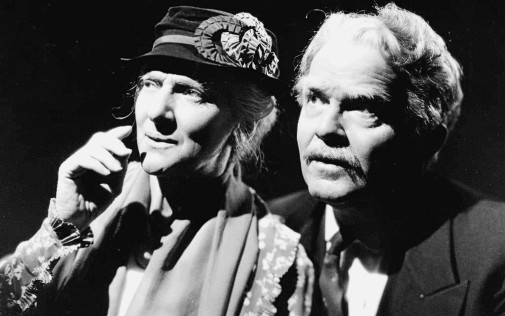
Many filmmakers would take this material and wring it for all the melodrama it can produce, but neither McCarey nor his cast and crew succumb to such temptations. Instead, the movie unfolds with elegant restraint, presenting a tragedy as a matter-of-fact drama of mundane life. It's also amazingly even-handed, refusing to paint undue villainy over the adult children of the Coopers. Lucy and Bark are difficult to live with and the situation, as awful as it is, has a sad air of inevitability about it.
Putting a cherry on top of this melancholic sundae are the performances from the exquisite cast. Victor Moore is a marvel of stubborn mulishness as Bark, making it clear how frustrated the old man is at his obsolescence. In the role of Anita, one of the Coopers' daughters-in-law, Fay Bainter is both prickly and humane, a beleaguered woman whose kindness is gradually eroded by irritation. Still, the star of the show is Beulah Bondi in one of her rare leading roles. Playing a woman much older than she was at the time, the character actress is out to break the audience's hearts while never hiding Lucy's bothersome quirks.
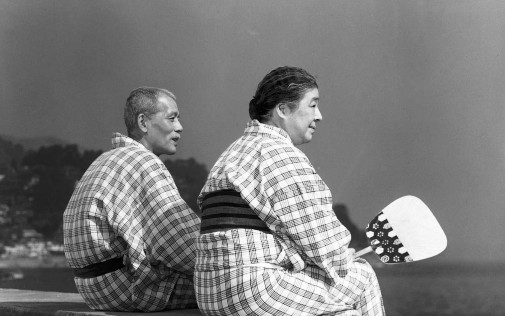
All in all, it's a modest masterpiece that has inspired many cinephiles and cineastes over the last nine decades. In the early 50s, for instance, Make Way for Tomorrow served as inspiration for Yasujiro Ozu who adapted the plot to postwar Japan. Tokyo Story follows a similar narrative line, though it touches on loss, grief, and the scars of sorrow in a more direct manner than its American predecessor. Though, like McCarey before him, Ozu shoots the material with admirable discipline and moderation, taking his characteristic style to new paradigms of soothing severity. Also, his cast, which includes Chishū Ryū, Chieko Higashiyama, Setsuko Hara, and Haruko Sugimura, is uniformly excellent and perfectly underplayed.
This counter-intuitive avoidance of sentimentalism is the key to the painful genius of these movies about lives in their twilight. I may dislike the overuse of the word "universal" in film criticisms, but sometimes the term demands its usage. Both Make Way for Tomorrow and Tokyo Story construct specific character studies, but the heart of their thesis is as universal as the unavoidability of death and the anguish one feels at the knowledge their loved ones, their memories of joy, are out of reach, maybe forever.
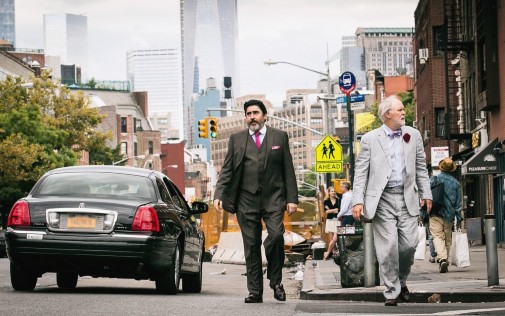
It's also due to that "universality" that the story keeps being re-told. McCarey did it in the 30s, Ozu in the 50s, and Ira Sachs in the 2010s with his heart-wrenching Love Is Strange. Now focused on an elderly gay couple, Sachs explores these same dynamics of obsolescence and mortality, the limits of love, its boundlessness. While the entire cast is wonderful, one feels the need to highlight how Marisa Tomei takes on the Fay Bainter role with aplomb, maybe even bettering her fellow Best Supporting Actress champion.
Whether told in monochrome or vibrant color, in middle-class apartments of Tokyo or the streets of New York, this story feels bound to forever make movie audiences cry their hearts out. Orson Welles was right.
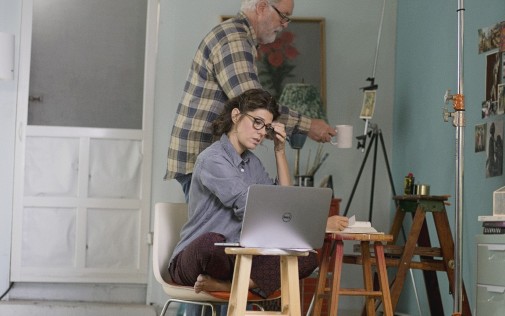
As said before, you can find Make Way for Tomorrow on the Criterion Channel. Tokyo Story is also available there as well as on HBO Max and Kanopy. As for Love is Strange, you can stream it on Starz and DirecTV.